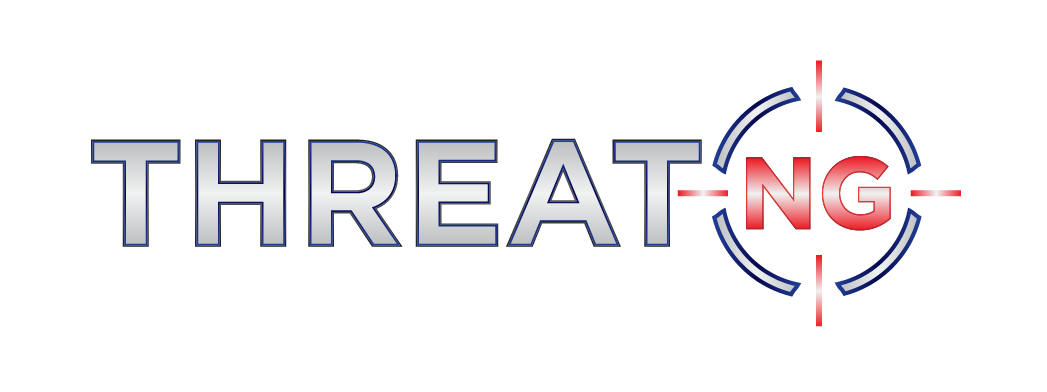Certificate Management
Certificate management, in the context of cybersecurity, is the process of overseeing and administering digital certificates throughout their entire lifecycle. This includes:
Issuance: Generating and distributing certificates to users, devices, and systems.
Deployment: Installing and configuring certificates on the appropriate endpoints.
Renewal: Renewing certificates before they expire to ensure continued security.
Revocation: Revoke certificates when compromised, lost, or no longer needed.
Monitoring: Tracking certificate usage, expiration dates, and potential vulnerabilities.
Why is Certificate Management Important in Cybersecurity?
Digital certificates are fundamental to online security. They:
Verify identity: Certificates confirm that a website, user, or device is who it claims to be.
Enable encryption: Certificates facilitate secure communication by encrypting data transmitted between parties.
Ensure data integrity: Certificates help ensure that data has not been tampered with during transit.
Without proper certificate management, organizations risk:
Website outages: Expired certificates can lead to website downtime and disruption of services.
Security breaches: Compromised certificates allow attackers to impersonate legitimate entities, steal data, or spread malware.
Compliance violations: Many regulations require organizations to manage certificates to protect sensitive data properly.
Key Aspects of Certificate Management:
Centralized repository: Maintaining a central inventory of all certificates to track their status and expiration dates.
Automated processes: Automating certificate issuance, renewal, and revocation to reduce manual effort and minimize errors.
Security policies: Establishing clear policies for certificate issuance, usage, and revocation.
Monitoring and alerts: Monitoring certificate status and receiving alerts for upcoming expirations or potential issues.
Secure storage: Storing certificates securely to prevent unauthorized access or compromise.
Benefits of Effective Certificate Management:
Reduced risk of security breaches: Prevents unauthorized access and data compromise.
Improved website and service availability: Avoids downtime caused by expired or invalid certificates.
Increased operational efficiency: Automates certificate management tasks, reducing manual effort.
Enhanced compliance: Helps meet regulatory requirements for data security and privacy.
Improved trust and reputation: Demonstrates a commitment to online security, building trust with customers and partners.
By implementing robust certificate management practices, organizations can strengthen their cybersecurity posture, protect their digital assets, and ensure the continuity of their online operations.
ThreatNG has several features that can significantly aid certificate management, enhancing your organization's overall cybersecurity. Here's how:
1. Discovery and Assessment:
Domain Intelligence: This module plays a crucial role in identifying and assessing certificates associated with your web properties:
Certificate Intelligence: ThreatNG can automatically discover and analyze SSL/TLS certificates associated with your domains and subdomains. It can identify:
Expired certificates: ThreatNG alerts you to certificates that are nearing expiration or have already expired, preventing website outages and security risks.
Weak certificates: It can detect certificates with weak encryption algorithms or key lengths, flagging potential vulnerabilities.
Misconfigured certificates: ThreatNG can identify certificates that are not correctly configured, such as those with incorrect domain names or missing information.
Subdomain Intelligence: ThreatNG discovers all your subdomains to help ensure comprehensive certificate coverage across your web presence.
Domain Name Permutations: ThreatNG can analyze domain name permutations to identify potential typosquatting or phishing domains using fraudulent certificates to impersonate your organization.
Continuous Monitoring: ThreatNG continuously monitors your certificates for changes in status, expiration dates, and potential vulnerabilities. This proactive approach helps you avoid certificate-related issues and maintain uninterrupted service availability.
3. Reporting:
Reporting: ThreatNG provides various reports that aid in certificate management:
Inventory reports: Detailed lists of all discovered certificates, including expiration dates and other relevant information.
Technical reports: In-depth analysis of certificate configurations and potential vulnerabilities.
Prioritized reports: Actionable insights to help prioritize certificate management tasks based on risk severity.
4. Collaboration and Management:
Collaboration and Management Facilities: ThreatNG streamlines certificate management tasks through:
Role-based access controls: Only authorized personnel can access and manage sensitive certificate information.
Correlation Evidence Questionnaires: Facilitate efficient communication and collaboration among teams by automating information gathering related to certificate issues.
Policy Management: Define and enforce certificate management policies, including rules for certificate issuance, renewal, and revocation.
5. Integration with Complementary Solutions:
ThreatNG can integrate with other security solutions to enhance certificate management capabilities:
Certificate Management Platforms: ThreatNG can integrate with dedicated certificate management platforms to provide comprehensive visibility and control over your certificate inventory.
Security Information and Event Management (SIEM): ThreatNG can feed certificate-related alerts and events into your SIEM, providing a centralized view of security information and facilitating incident response.
Example:
Scenario: ThreatNG's Certificate Intelligence module discovers that a critical SSL certificate for your main website expires in two weeks.
Action: ThreatNG generates an alert, notifying your security team about the upcoming expiration and allowing them to renew the certificate before it causes website downtime.
By leveraging ThreatNG's features and integrating it with other security solutions, organizations can implement robust certificate management practices, ensuring the security and availability of their web properties and online services.

